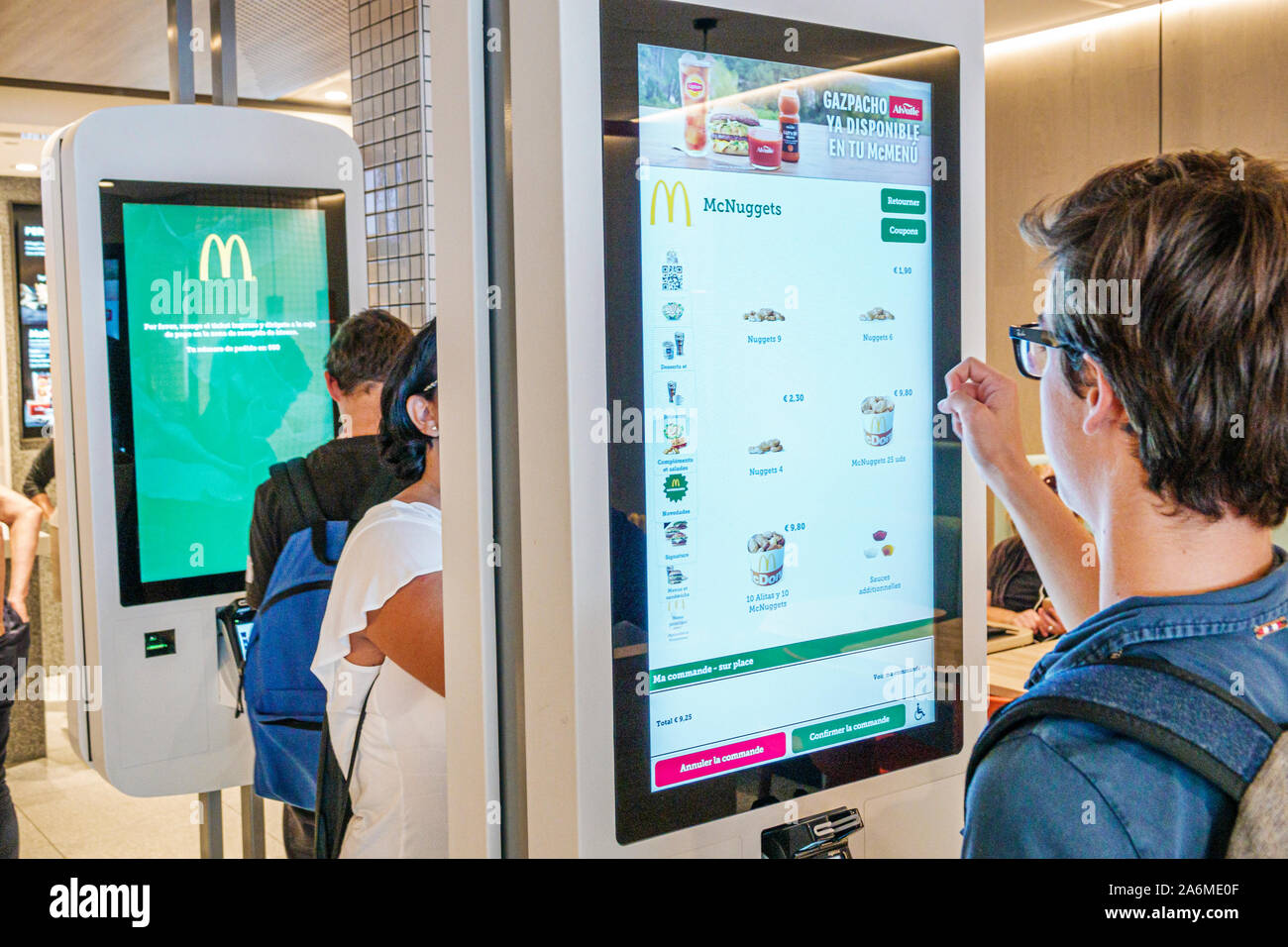By 2026, the self-service kiosk industry in the U.S. is estimated to be a $5 billion market. About 65% of service companies already use self-service kiosks to speed up the customer experience, marking a significant shift towards automation. However, this doesn’t mean it’s all good news. Patrice W., a resident of Buffalo, NY, had a distressing experience highlighting the potential risks associated with these convenient devices.
After shopping in downtown Buffalo, Patrice used a self-service kiosk to pay for her parking. Weeks later, she discovered that someone had stolen hundreds of dollars from her bank account. “At first, I was sick to my stomach. I am pretty good at paying my bills on time and having a good credit score. That was the first thing I thought that everything I worked hard for was gone,” Patrice said. The problem came to light when she received a notification for a $500 charge for a recurring membership she didn’t have. Upon closer inspection of her bank statement, she realized she had been scammed out of small amounts of money over the previous two weeks.
Patrice explained that when she called the number associated with the mysterious membership, she was immediately connected to an answering service that began asking for personal information. Sensing something was amiss, she contacted her card company and learned that her card number had been stolen and was being used fraudulently. The fraudulent charges traced back to the night in Buffalo when she used the self-service kiosk to pay for parking in a premium lot used by Hyatt Hotel guests, a place she believed would be safe.
This incident underscores a troubling trend: consumer risks can increase as more companies turn to self-service kiosks to cut labor costs. From hotel check-ins to grocery shopping, self-service kiosks are becoming ubiquitous. While their usage is likely to continue growing, Patrice's experience is a stark reminder of the potential dangers lurking behind the convenience.















0 comments:
Post a Comment